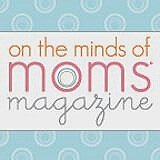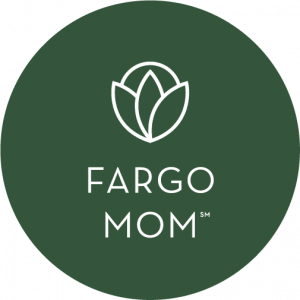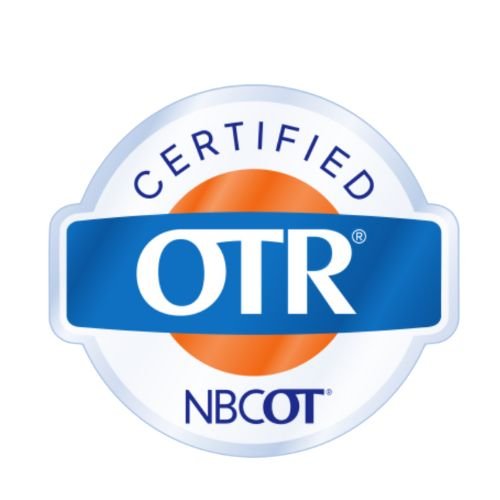Check out some of my favorite sleep-related products that will make for the perfect Holiday gift.
Daylight Savings Sleep Tips - Fall
How to prepare your kid's sleep schedule for back to school.
How to handle night sweats.
Herbal Teas that Support Sleep
How to support your family's wellbeing during quarantine.
It’s official. My cup is running empty. I think so many people can relate as we are all trying to navigate the uncharted waters of social distancing, quarantine, e-learning, furlough, online business methods, etc.
The kids and I are going stir crazy and we are missing our friends and family. I am so grateful that my husband is still able to work but having him gone all day while I try to run a business and manage the kids’ needs (school, physical activity, emotional, recreational, social) is exhausting. I’m running on fumes. And as I go down this crap shoot of a pity-party I start to feel bad for feeling bad. I know so many people out there have it worse off. I really am grateful for all that we have, but sometimes you just need to grieve your loss of normalcy, guilt free. So take a second and feel how sucky things are. Go ahead…… I’ll wait.
You really need to feel all of the feels and communicate our needs right now. I want to share a a couple of techniques that my family has been implementing during quarantine to encourage daily check ins and open communication that I thought you may find helpful.
Check-Ins & Creating a Gap Plan:
The first comes from the wonderful Brene Brown…I’m a HUGE fan of her work! The idea behind this is that not all relationships are 50/50. Sometimes you struggle and can only give 20% to the current relationship or situation (marital, family unit, friendship, work relations, etc.) and you may depend on others a bit more to help carry the load so you can show up, 100%, as a team. Brene recommends that you have this conversation with “your people” and check in frequently.
My husband and I are checking in with each other as a a couple / parents; however, we also started to include our girls in regards to our family unit. We discuss where we are on a scale of 1-10 (as that seems easier for our young children to understand) and why we are at that level. The other day my husband was exhausted after a full day of work. My 6 year old picked up on his energy and asked what his number was. When he revealed a low number she jumped in, “Well, I’m at a 10, so is there anything I can do for you?” I nearly broke down in tears as I witnessed this moment of support.
Brene recommends that you create a plan for the times when there is a gap and you can’t get to a full 10 or 100%. For example: if you are functioning at 20% and your partner at 40% = collectively you are at 60 out of 100%. You have a 40% gap as to how you will show up in your marital / parental roles. The plan needs to be in place so you can all be gentle with each other, prioritize your wellbeing, and get back on track. Suggestions include:
Prioritizing your sleep as this is the foundation of our health.
Eating well. Have a few healthy frozen meals in the freezer for situations like this so you don’t always have to resort to frozen pizzas or take out.
Exercise. You need to have a healthy way to expend your energy, whether that’s a long walk or hitting the crap out of a punching bag.
Fresh air and sunshine.
Kind words and even kinder body language.
Knock knock jokes, as laughter is the best medicine.
I’d highly suggest you check out Brene’s books, Ted Talk, or podcast.
Wellness Wheel:
Ready for technique number two? I’m sure many of you have heard of the Wellness or Self Care Wheel. It’s a way for you and your family to assess each area of wellness and involves coloring (who doesn’t love a good stress reduction activity). There are downloadable copies all over Pinterest, but I found one at https://theblissfulmind.com/hit-the-reset-button/ that I really like. You can also find unlabeled wheels that you can print and personalize for the kids.
Print a few of these out. Label the sections so they are relatable to your (or your kid’s) areas of wellbeing.
Color in each section to reflect each area of wellness.
Brainstorm some action steps that you and your family members can implement towards each low area. You may have to get creative due to quarantine restrictions.
Print out another wheel and reassess with your family or friends on a regular basis.
I hope these techniques inspire you to start doing more self assessments and checking in on your loved ones’ on a regular basis. Let’s foster supportive dynamics during these uncertain times and continue long after we settle into the new normal.
Sleep well, stay well!















